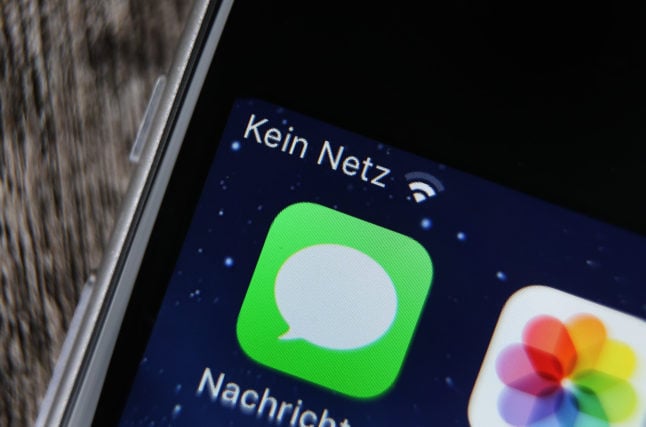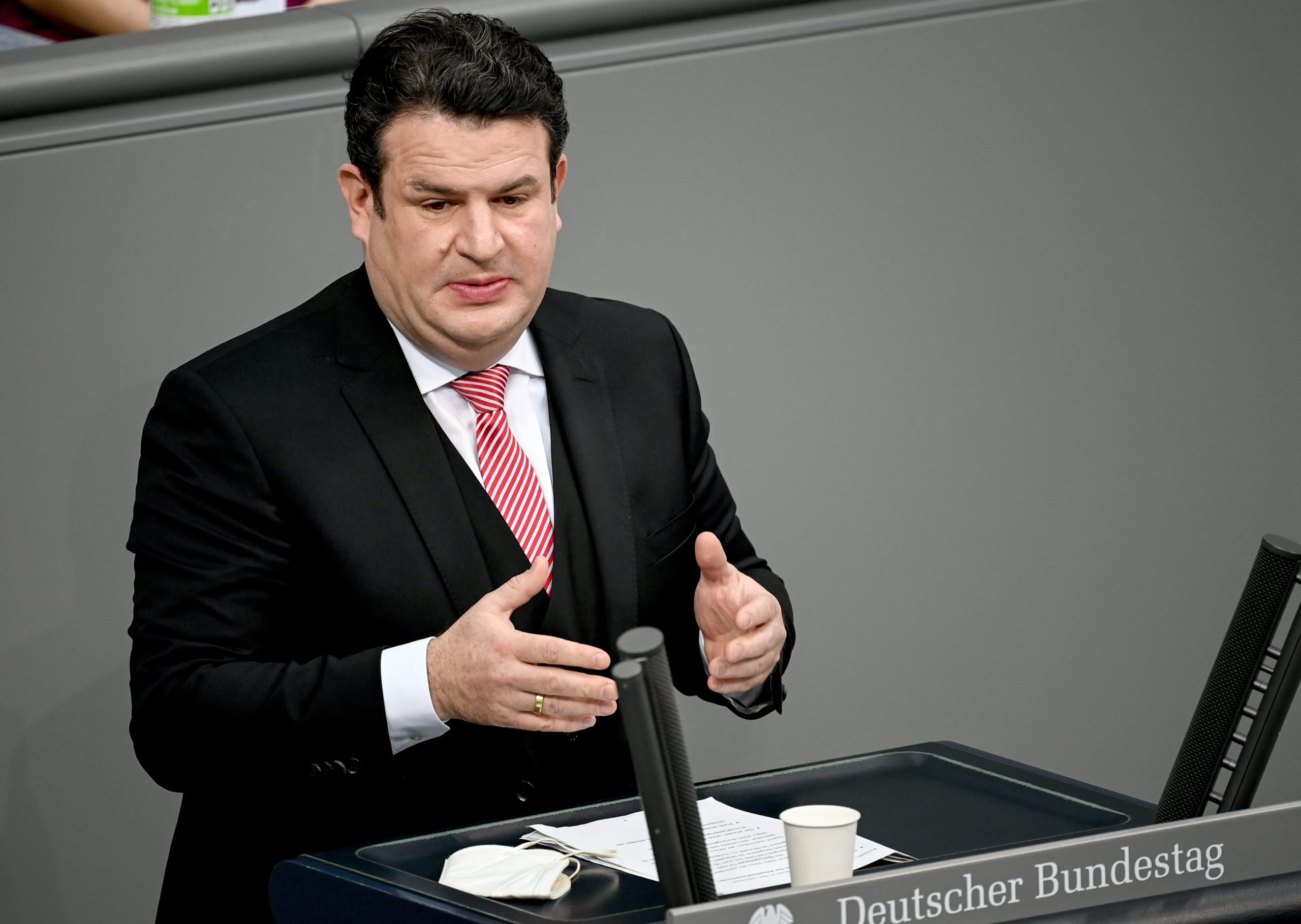According to media reports, two of the network operators have managed to close thousands of so-called “grey spots” in Germany since last summer, making it less likely that people will find themselves with no signal on their travels.
There are still numerous ‘dead zones’ in Germany, with grey spots occurring when only one of the three mobile operators is present in an area, meaning that customers of the remaining two have no reception.
But operators say they’ve managed to solve this issue by establishing network-sharing agreements with their competitors.
According to Deutsche Telekom and Vodafone, more than 2,000 grey spots were closed last year through the operators pooling their network coverage and the use of their antennas.
That means that customers of Vodafone can now make use of Telekom networks in many areas where Vodafone signal is patchy and vice versa.
The operators say that the agreements have been 50/50, with half of the borrowed networks belonging to Vodafone, and half to Deutsche Telekom.
Those who use the Telekom network, for example, now have 1,000 fewer dead spots nationwide.
Despite rapid progress, data from the Federal Network Agency shows that grey zones still affect around 6.4 percent of Germany.
However, this figure was around 0.4 percent higher last October, and the operators are aiming to eliminate around 1,000 more grey spots by the coming summer.
READ ALSO: New map shows Germany’s mobile ‘dead zones’
O2 to join collaboration
Deutsche Telekom and Vodafone have been working on network sharing since 2020, sparking anger on the part of Germany’s third major network operator Telefónica (O2).
After an intervention from the Federal Cartel Office, O2 was included in the alliance, though the collaboration is only just getting underway.
According to a Telefónica spokesperson, the first antenna sites will be activated in the coming months.
In total, about 2,000 of its own sites would be made available to other operators – some of them to Telekom and some to Vodafone. In return, Telefónica gets access to the same number of sites from the other two network providers.
READ ALSO: EXPLAINED: How Germany is finally set to improve Wifi and phone signal on trains
Vocabulary
grey spots – (die) graue Flecken
dead zone – (das) Funkloch
network operator – (der) Netzbetreiber
covered by – abgedeckt von
We’re aiming to help our readers improve their German by translating vocabulary from some of our news stories. Did you find this article useful? Let us know.




 Please whitelist us to continue reading.
Please whitelist us to continue reading.
Member comments